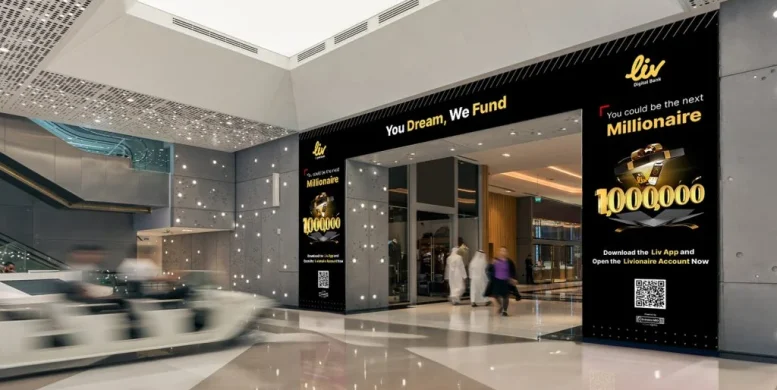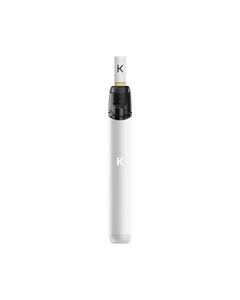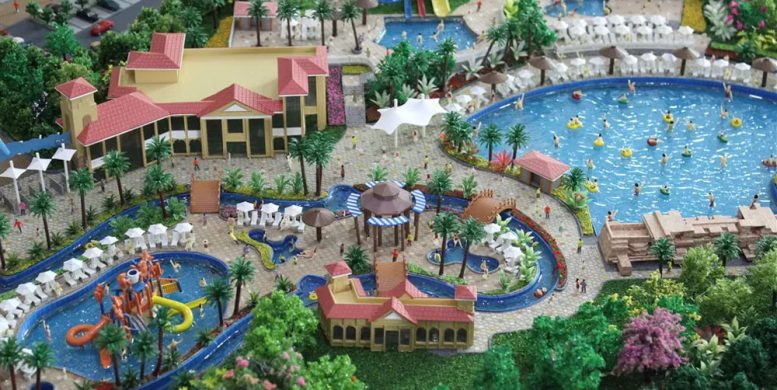Picture a business partnership as a road trip with friends. Everyone is enthusiastic at the start, but what happens if you disagree on the route, someone wants to leave the car, or funds run low? Without clear rules, a great adventure can stall.
For companies with multiple owners, a shareholder agreement is that essential rulebook. It prepares for smooth travel and rough patches alike. Drafting this key document requires specific expertise, which is why many founders work with skilled corporate lawyers in Dubai.
Structure and clarity
A primary job is to create clear structure. They convert handshake deals and optimistic ideas into solid, written terms. This includes defining each owner’s percentage, their financial contributions, and their management roles. Good documents prevent confusion by making obligations and rights plain for everyone.
Planning for disagreement
Disputes happen. Instead of ignoring this, a strong agreement plans for them. Lawyers help install fair processes for resolving conflicts. This might include mediation steps or specific voting rules for major decisions. These provisions keep small disagreements from becoming legal battles that hurt the company.
Rules for ownership changes
People’s circumstances change. An owner might wish to retire, become ill, or simply want to sell their stake. The agreement needs rules for these events. Provisions often include right of first refusal for other owners, or a method to calculate the share’s value. This protects the company and the remaining owners from unexpected shifts.
Protecting minority voices
Not all owners have equal shares. The agreement safeguards those with smaller holdings. Lawyers can draft clauses requiring supermajority votes for very important actions, like selling the company or taking on massive debt. This ensures major moves need broad support, giving a voice to all investors.
Guarding confidential information
A company’s secrets are valuable. The shareholder agreement acts as a vault. It contains strong confidentiality clauses, requiring all owners to keep business data private. This protects client lists, financial details, and future plans from becoming public or falling into a competitor’s hands.
Ensuring legal soundness
Every business must follow the law. A lawyer ensures the agreement aligns with current regulations and the company’s own bylaws. They check that the terms are enforceable in court, turning the document from a simple promise into a powerful legal instrument.


















